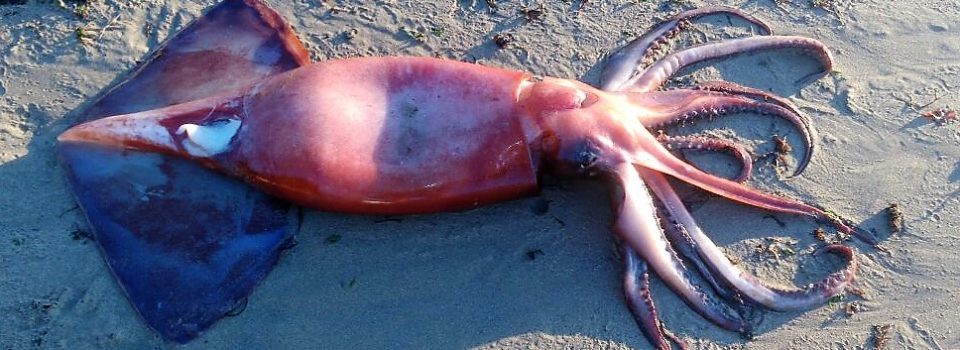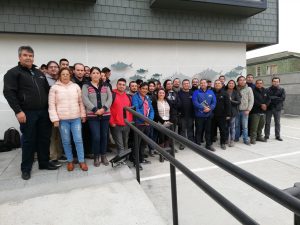” Cephalopods Biology and Ecology ” course offered by IFOP
May 2nd, 2019On April 23rd and 24th at IFOP Talcahuano base, was held “Cephalopod Biology and Ecology” course-workshop. The activity’s objective; to review, update and standardize cuttlefish fishery and discard monitoring program Scientific Observers criteria and knowledge acquired by the program.
Topics:
- To know about cephalopods worldwide biology and ecology emphasizing on those belonging to Ommastrephidae Family.
- Update theoretical and practical knowledge about Dosidicus gigas species.
- Unify biological sampling criteria.
Karen Belmar, IFOP researcher explained “Cephalopods are marine invertebrates, they are characterized by presenting; head, arms and tentacles. octopus, cuttlefish, squid and cuttlefish are within this group.
Cuttlefish or Humboldt squid is endemic to the Pacific Ocean eastern region and is found from Alaska to Aysén Region in our country. It is a large voracious and opportunistic predator, feeds on fish such as common hake, jack mackerel, lantern fish, some crustaceans, other squid, and cannibalism. IFOP follows up on this fishery since 2014, and analyzes biological-fishery indicators of artisanal and industrial fleets, in Coquimbo, Valparaíso and Biobío regions. ”

The workshop was dictated by Christian Ibáñez, Doctor of Sciences with mention in ecology and evolutionary biology, currently a Universidad Andrés Bello professor. Ibáñez has extensive experience working with cephalopods and currently his research is focused on marine animals ecology and evolution with special attention to marine invertebrates.

